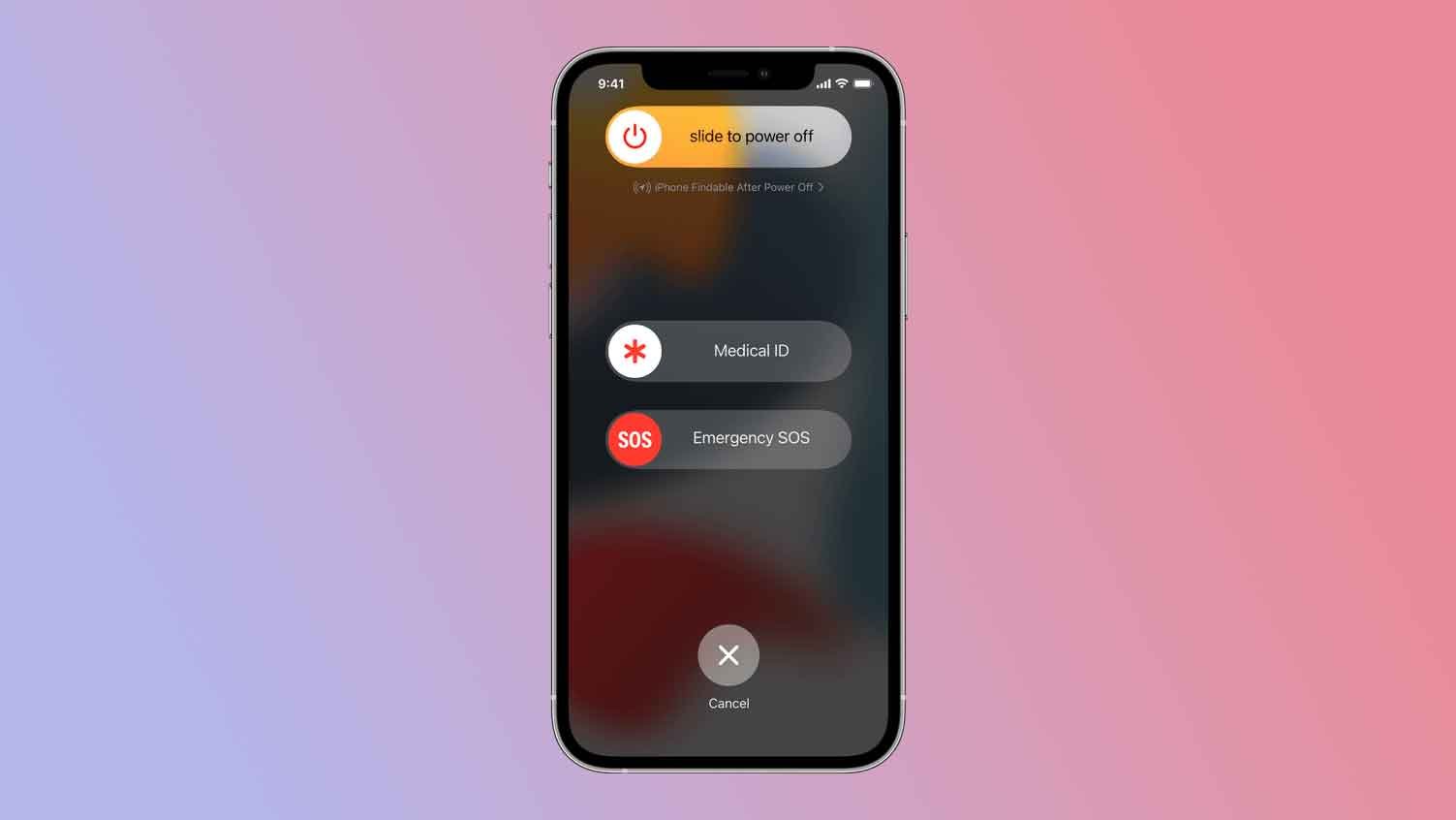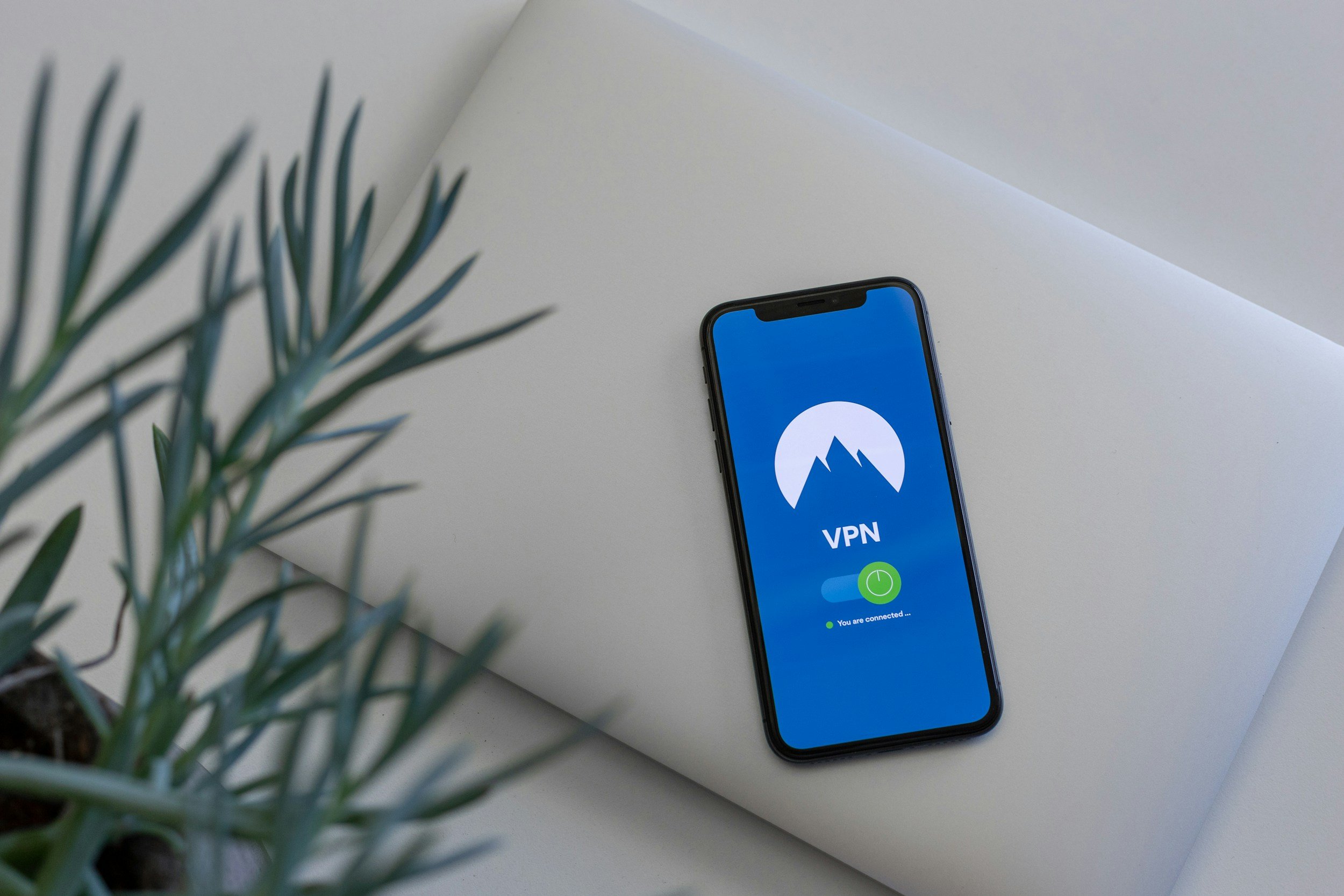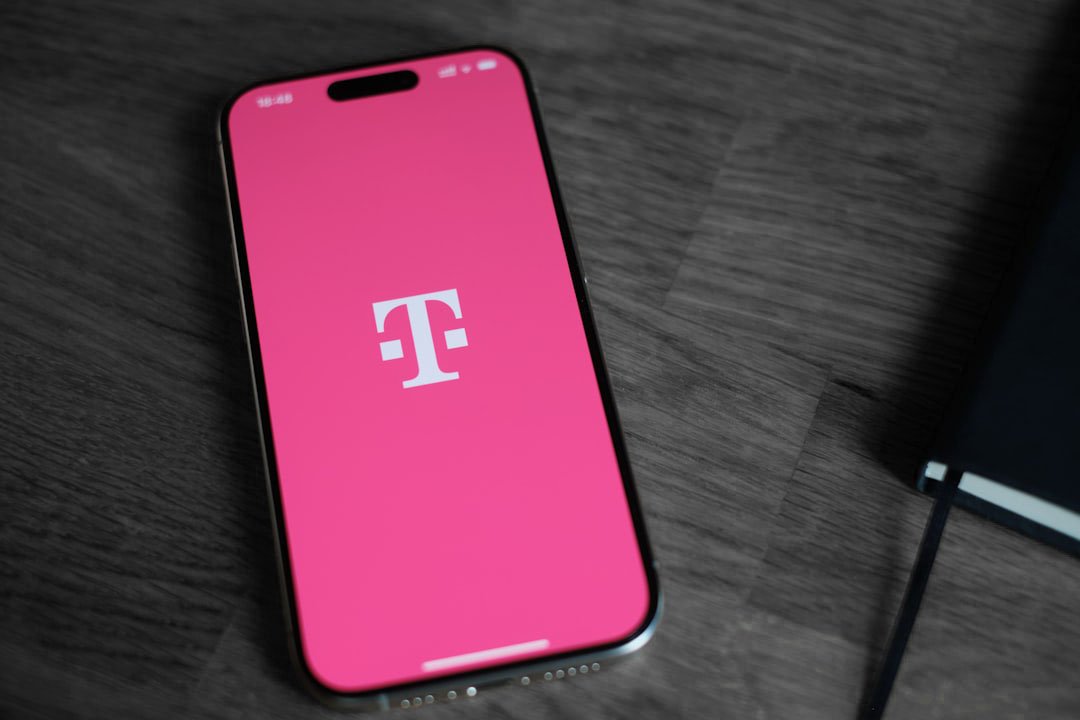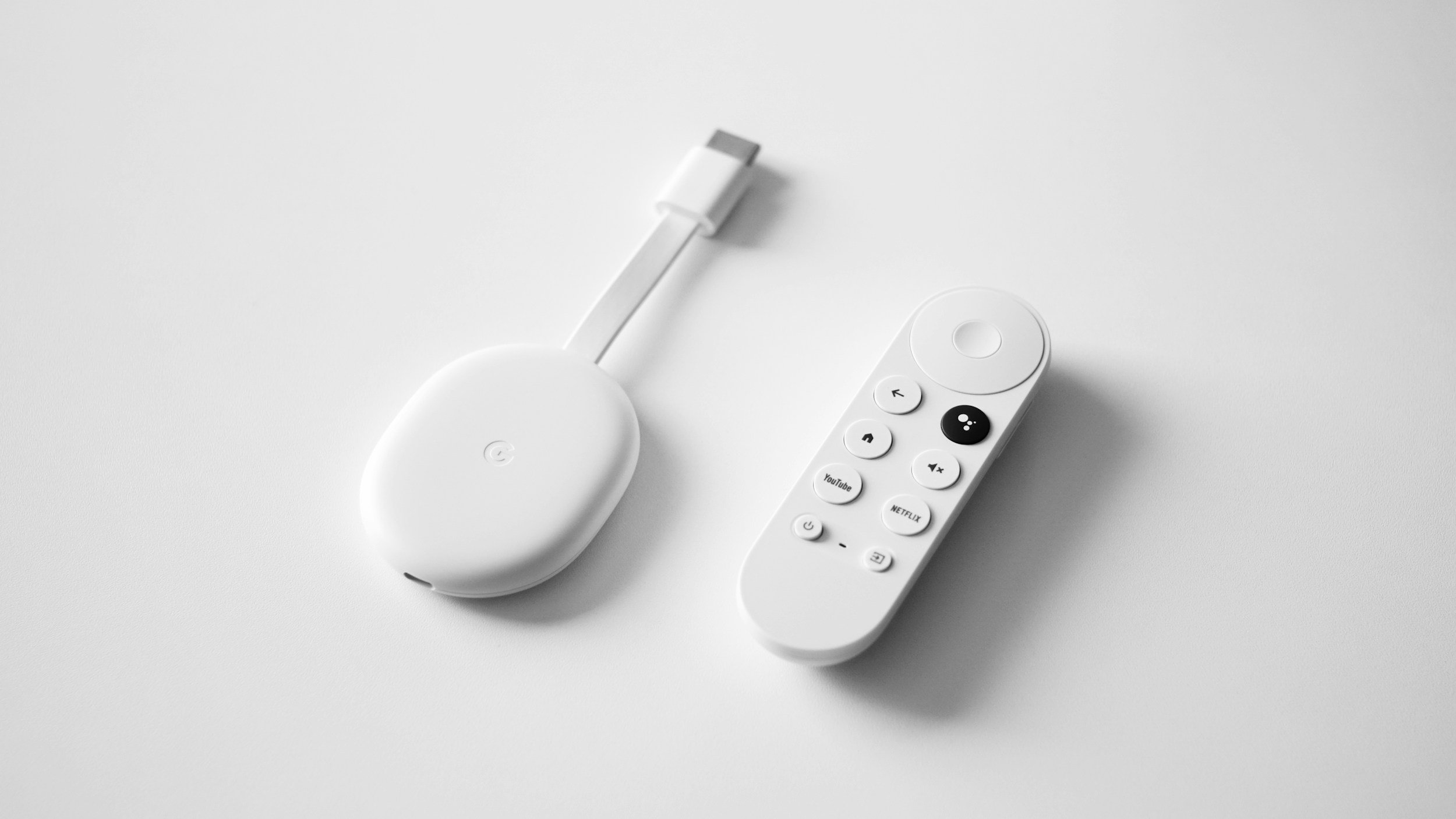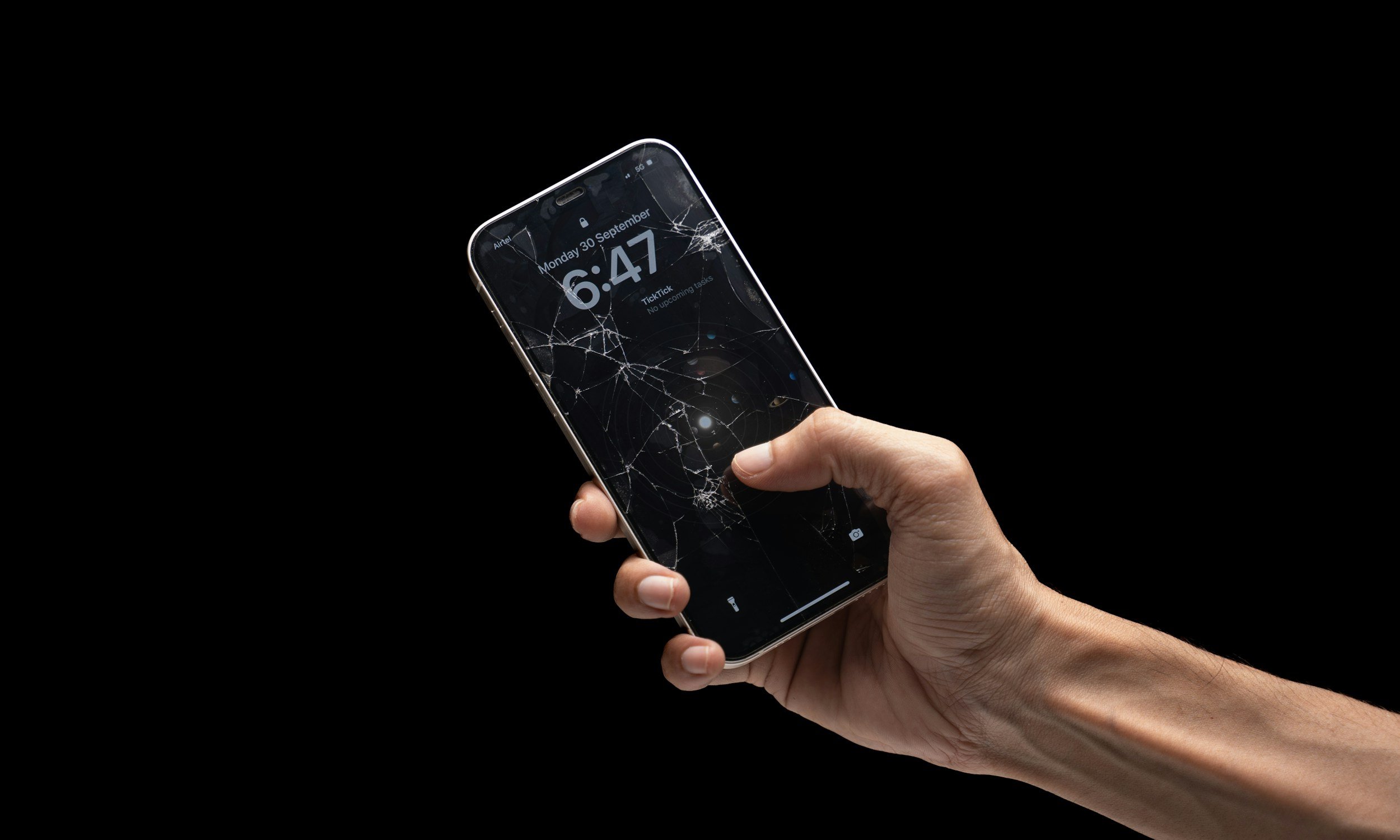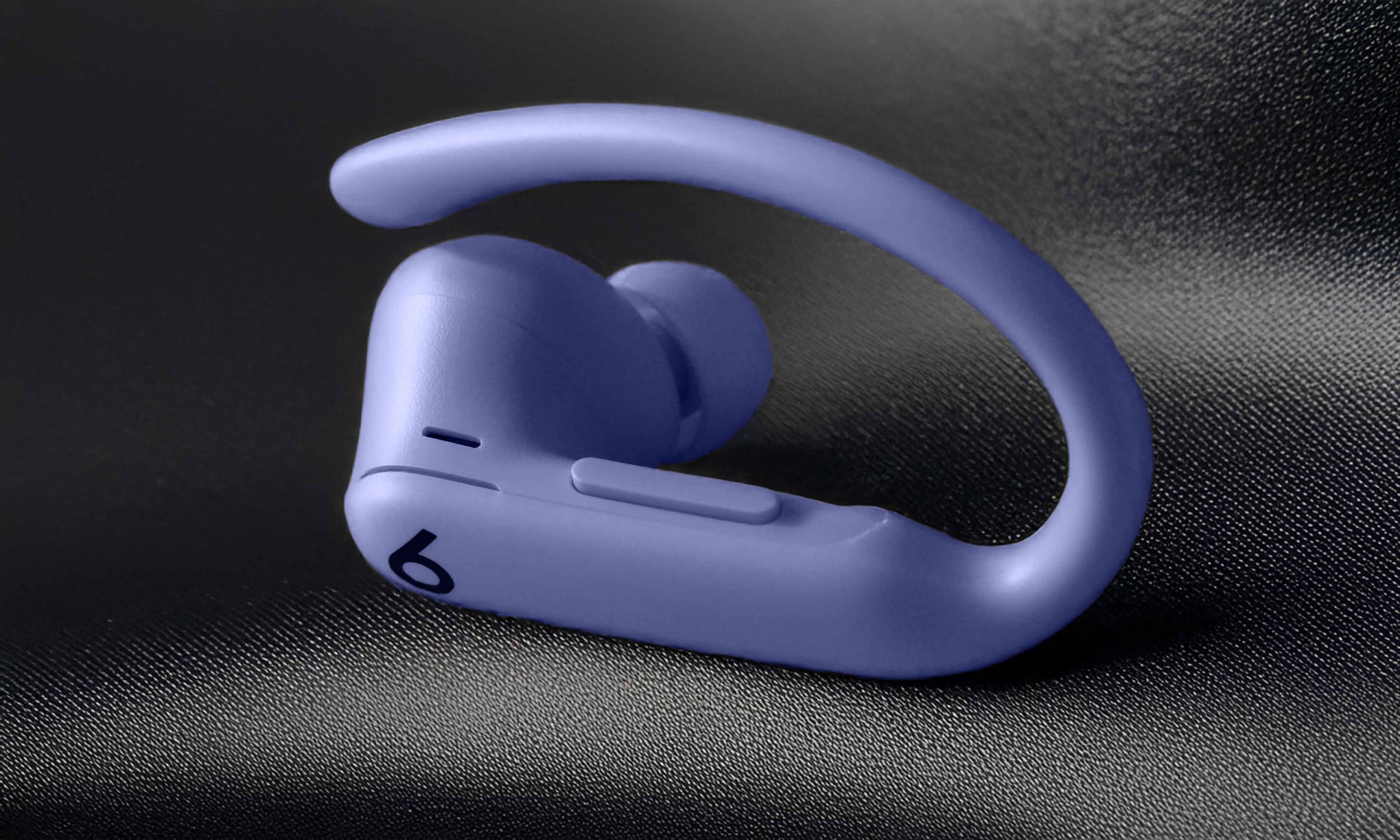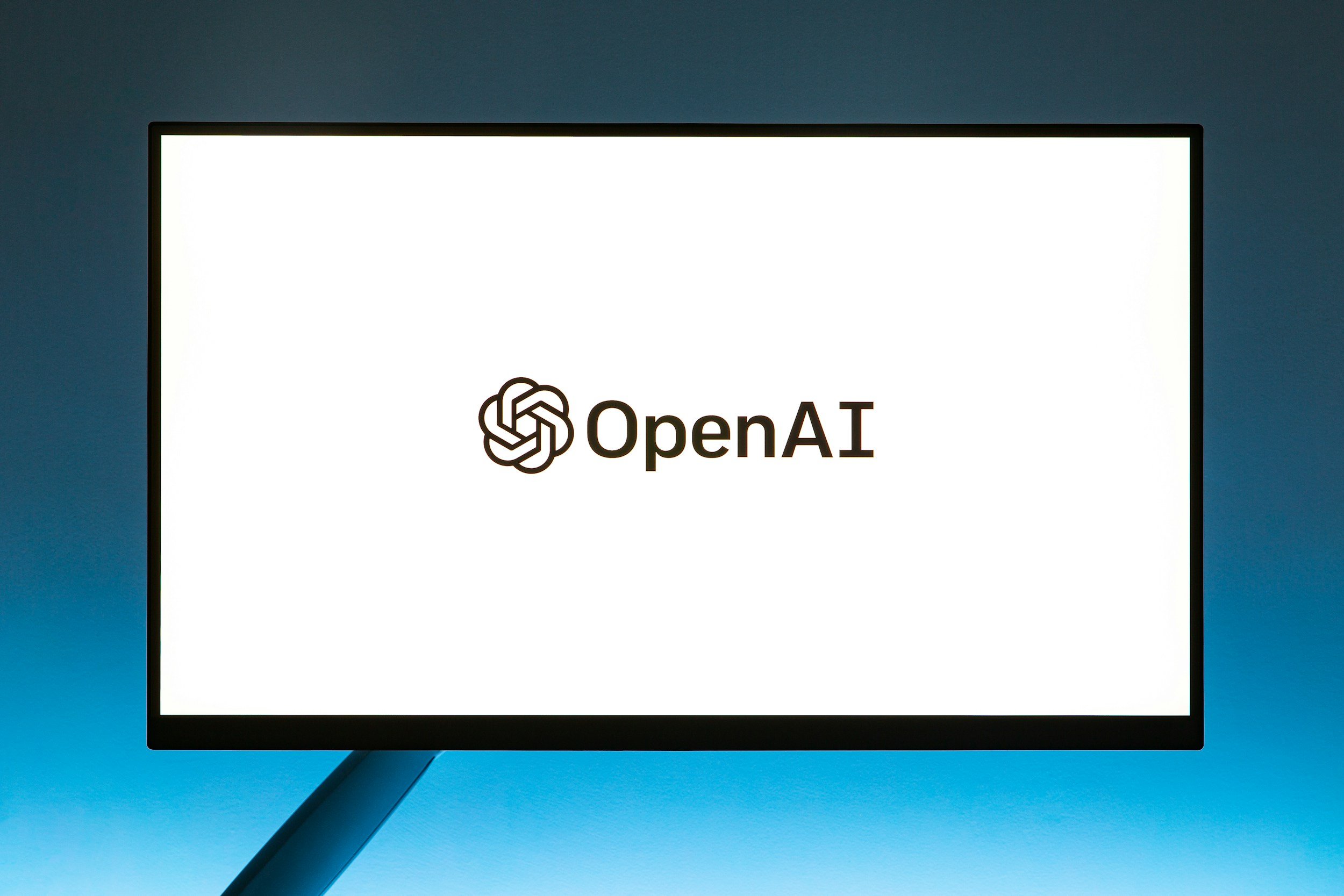Is a Google Pixel an Android Phone?
When you purchase through links on my site, I may earn an affiliate commission. Here’s how it works.
Table of Contents Show
Are Google Pixel phones actually Android phones? I mean, they run Android, they're in the Android ecosystem...but there's something about them that seems different, right? Almost like they're in their own lane.
Well, let's break it down. The Google Pixel line, for those unfamiliar, is Google's own take on what an Android phone should be. It's their way of saying, "This is how we envision Android working best."
They first hit the scene back in 2016, and since then, they've carved out a pretty unique space in the smartphone world. Known for their clean software, incredible cameras, and some seriously clever AI features, Pixels have become the go-to for a lot of Android enthusiasts.
But here's the thing: while they might feel different, Pixel phones are absolutely, 100 %, Android smartphones. They're just running a very specific flavor of Android.
Think of it like this: Android is the base recipe, and Google's adding their own special spices to create the Pixel experience. So, yeah, it's Android, but with a unique twist that you won't find anywhere else.
In this post, we're gonna explore exactly what makes Pixel phones tick, why they sometimes feel like a separate entity, and why, ultimately, they represent the purest form of the Android experience you can get. Stick around, it's gonna be interesting!
Google Pixel: An Android Phone at Its Core
Okay, so we've established that Pixel phones are Android phones, but to really understand why they feel different, we need to talk about the relationship between Google and Android itself. Now, this might seem obvious to some, but it's actually key to the whole Pixel story.
See, Google isn't just some company that uses Android – they created Android. It's their baby! They built it from the ground up, and they continue to develop and evolve it year after year.
Now, most Android phones you see out there – Samsung, OnePlus, Xiaomi, you name it – they all take that base Android code and customize it. They add their own launchers, their own apps, their own visual styles. This is what gives each brand its own distinct flavor.
But Google Pixel phones? They're different. They run what's called "stock Android." This is essentially Android in its purest form, straight from the source, with no bloatware, no unnecessary apps, and no funky skins on top.
This gives Pixel phones a few key advantages. First, it's incredibly clean and smooth. You get a streamlined, intuitive experience – especially noticeable when you're navigating through menus, switching between apps, or just using the phone day-to-day – without any extra fluff slowing things down.
Second, it means updates are lightning fast. When a new Android version drops, Pixel phones are the first in line to get it, directly from Google, with no waiting around for manufacturers to customize it. That's a big win for security and staying up-to-date.
And of course, being an Android phone means you have full access to the entire Google Play Store ecosystem. Millions of apps, games, movies, music – it's all there. You're not missing out on anything by going with a Pixel. You get the full Android experience, just with a cleaner, more streamlined approach.
So, to recap: Pixel = Android, but with a focus on purity, speed, and timely updates. It's the purest expression of what Google envisions for their mobile operating system.
What Sets Google Pixel Apart?
Alright, so we know Pixels are Android phones running a pure version of the OS. But what actually makes them different? What sets them apart from the Galaxies, the OnePluses, and all the other Android phones out there? Well, it comes down to a few key things that Google does differently.
1. Camera
First up: the camera. Now, anyone who knows anything about Pixel phones knows the camera is a huge deal. Google's been killing it in the camera game for years, and it's one of the main reasons people choose Pixels.
But it's not just about the hardware. Google's using some seriously clever software and AI to enhance their photos and videos. Think Night Sight for incredible low-light shots, Magic Eraser to remove unwanted objects from your pictures like they were never there, and Portrait Mode that rivals even the best DSLR cameras. This is software-driven photography at its finest, and it's often a generation ahead of the competition.
2. AI Integration
Then there's the AI integration. Google Assistant is baked into Pixel phones on a deep level. It's not just an app you launch; it's woven into the fabric of the entire experience.
You can use it to control your smart home devices, get personalized recommendations, screen your calls, and even have it hold your place in a phone queue so you don't have to. It's all about making your life easier and more convenient, and it's something you really have to experience to appreciate fully.
3. Software Enhancements
Beyond that, there are a bunch of software enhancements you won't find anywhere else. Call Screen lets Google Assistant answer calls for you and filter out spam. Live Caption automatically captions any audio playing on your phone, which is super useful for accessibility or just watching videos without sound.
And Hold for Me, as I mentioned, is a lifesaver when you're stuck on hold with customer service. These are just a few examples of how Google is using software to make Pixel phones truly unique.
4. Timely Updates
And finally, let's not forget those timely updates. As we discussed, Pixels get the latest Android versions and security patches directly from Google, the moment they're released. No waiting around, no carrier delays – you're always running the newest, most secure software. This is a big deal for performance, stability, and peace of mind.
So, yeah, a Pixel is an Android phone, but it's also a showcase for Google's own innovations in camera technology, AI integration, and software enhancements. It's a taste of what's possible when Google gets to fully control both the hardware and software (kinda like Apple), and it results in a unique and compelling smartphone experience.
Why Could One Wonder if the Google Pixel Is an Android Phone?
Now, I get it. With all this talk of Pixel exclusives and Google's own flavor of Android, it's easy to see why some people might think Pixel phones are a completely separate thing from Android. Google's marketing definitely plays a role in that. They want to highlight what makes Pixel unique, so they focus on those standout features and that clean, Google-y aesthetic.
But it's important to remember that at the end of the day, a Pixel is deeply rooted in the Android ecosystem. It's built on Android, it runs Android apps, and it plays nicely with all the other Android devices and services out there. This is a huge advantage because it means you get the best of both worlds.
You get the familiarity and flexibility of Android – access to millions of apps on the Play Store, compatibility with a wide range of accessories, and a user experience that'll feel instantly familiar if you've used any other Android phone.
But on top of that, you get Google's own spin on things – the clean software, the cutting-edge camera features, the seamless AI integration.
So, while Google might want to emphasize what makes Pixel special, and rightfully so, it's crucial to keep in mind that it's all built on the foundation of Android. And that's a good thing. It means you're not venturing into some unknown territory; you're getting an enhanced, refined version of the mobile operating system that billions of people around the world already know and love.
Wrap Up
By now, it should be pretty clear: Google Pixel phones are indeed Android phones. But they're not just any Android phone. They represent Google's vision for the ideal Android experience – clean, streamlined, and packed with innovative features.
They run stock Android, meaning no bloatware and the fastest updates directly from the source. They have incredible cameras powered by Google's cutting-edge AI and software. And they offer unique features like Call Screen, and Hold for Me that you won't find anywhere else.
So, if you're looking for a phone that delivers the purest Android experience, with a touch of Google's own magic sprinkled on top, a Pixel might be the perfect choice. It's the best of both worlds: the familiarity and flexibility of Android, combined with Google's own innovations in software, AI, and camera technology.
But that's just my take. What do you guys think? Have you used a Pixel phone? What was your experience like? Are you considering getting one? Let me know in the comments down below – I'm always curious to hear your thoughts.
And while you're at it, make sure you subscribe to my newsletter for more tech insights, reviews, and opinions delivered straight to your inbox. I dive deep on all kinds of tech, from smartphones to headphones to laptops, so you don't want to miss out!
Thanks a lot for reading, and I'll catch you in the next one!
FAQ
-
It depends! There's a range of Pixel models at different price points. Generally, they're competitive with other flagship phones from Samsung and Apple, but Google also offers more affordable "a" series models.
-
Nope, not at the moment. You have to choose the storage size that's right for you from the get-go. But Google does offer a pretty generous cloud storage plan with Google One, so that can help offset things.
-
Absolutely! They have powerful processors and those clean Android builds mean smooth performance. Plus, you get access to all the best Android games on the Play Store.
-
That's Google's own custom-designed processor, specifically optimized for Pixel phones. It's built for AI tasks, photography processing, and overall performance. It's what helps power a lot of those unique Pixel features.
-
Yep, Pixel phones are generally compatible with all major carriers. You can usually buy them unlocked or get them directly from your carrier of choice.
-
Sadly, no. Like most modern smartphones, they've moved on to USB-C audio and wireless headphones.
-
Ultimately, that's up to you! If you value a clean Android experience, a top-notch camera, and unique software features, then a Pixel is definitely worth considering. But it depends on your individual needs and priorities.
MOST POPULAR
LATEST ARTICLES





